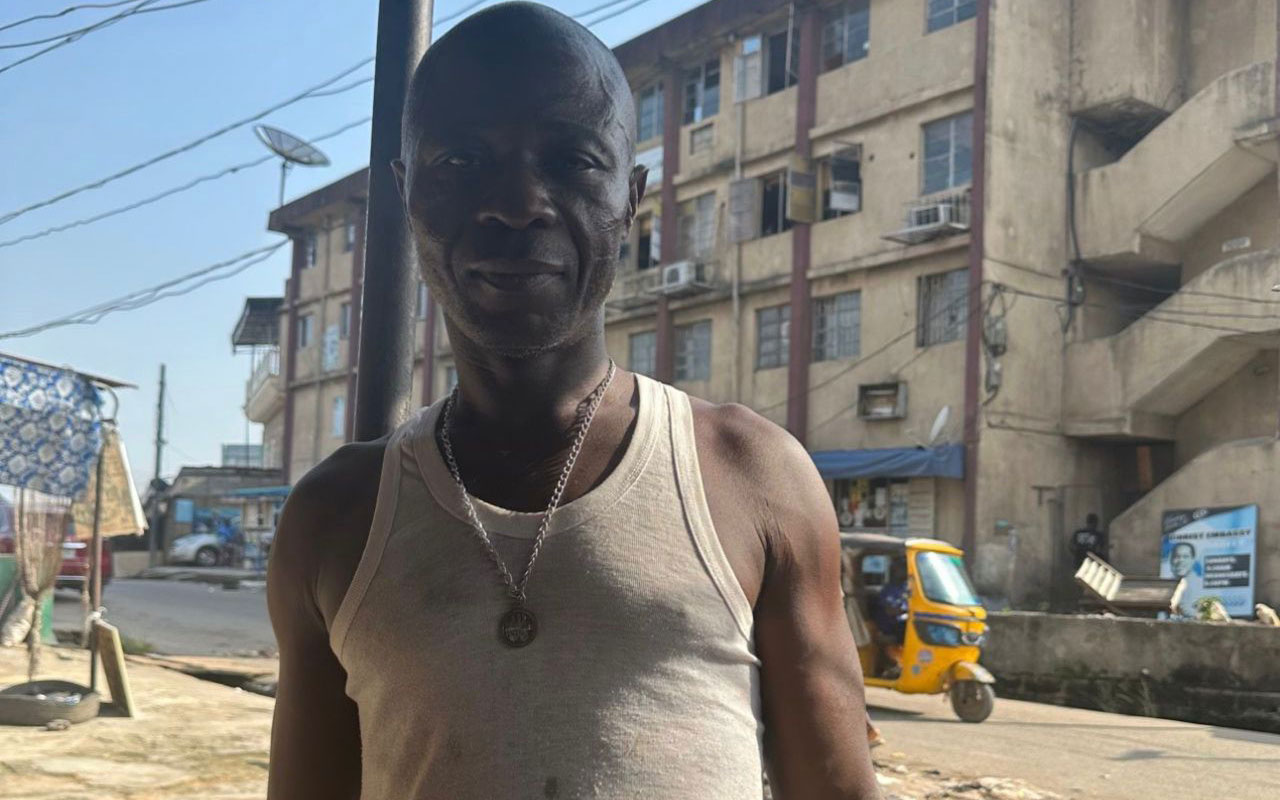
Eight months after President Bola Tinubu, in his inaugural speech, announced the removal of fuel subsidy, the chickens have come home to roost, leaving the economy bleeding.
Nigerians who spoke to The Guardian, lamented harsh realities of the subsidy removal without adequate measures by authorities to cushion its impact. They, however, believe the situation could change if the government prioritises the nation’s scarce resources.
A fashion designer at Ayobo, Lagos, Abdujelil Hammed, said removal of the subsidy reduced her profit margin drastically due to the high cost of energy and sewing materials.
She said: “Considering the fact that electricity is not something to be relied upon in Nigeria, we have to buy fuel to run generators, to help with production and all. After deducting rent and other expenditures, we make between N50,000 and N65,000; sometimes more than that, depending on our orders.
“We barely realise N20,000 as monthly profit anymore. This is because of the increase in cost of all production materials. However, I am optimistic that things will change because optimism is key. But we also have to work towards it. I’m very optimistic.”
The Executive Director, Rays of Hope International Schools, at Cele Aparadija, Ogun State, Salami Adebisi, said the removal of fuel subsidy affected operations.
“We have a great vision to make quality education available to people who may not be privileged to do so, at a very reduced rate, coupled with zero tolerance to cheating in both internal and external examinations.
“With removal of the subsidy, there was a drastic increase in the cost of running the schools. The prices of most educational materials went up. We were compelled to increase teachers’ salaries by virtue of demands on staff, and others.
“Our cost of services has gone up while we are unable to raise our fees in the same proportion, considering that the disposable income of most of our parents has not improved. We increased our tuition fees by 20 per cent and this led to some parents withdrawing their children due.”
Adebisi added: “Cost of fueling school buses and generators, stationery, textbooks, laboratory materials, building materials used in maintenance has all gone up; in most cases, by over 50 per cent. We have had to make a wage award to our employees to reduce the impact of the subsidy removal on them. All these and many more, we have witnessed.

“We hope that the government will see reason and come to the aid of private schools through some form of special intervention to support the welfare of our employees.”
Also, a housewife at Cele Aparadija, Florence Ajayi, said the removal of the subsidy immensely impacted her housekeeping.
“Before, I could cook a pot of soup for N10,000. Now, I can barely cook a decent pot of soup with N15,000. This fuel subsidy removal is really draining my husband and I . Please, the government should do something about it,” Ajayi said, even as she expressed hope that Nigeria will get better someday, if those at the helm of affairs take the right steps.
Lamenting, Sunday Ojo, an okada rider (commercial motorcyclist) in Ikotun Egbe, said: “I have been greatly affected. If we declare a price to our passengers, they will refuse to board. The cost of fuel has increased. It’s now three times the former price. Besides, the agbero (louts) collect tolls. Feeding the family and sending the children to school has become difficult. But I believe things will get better. Nevertheless, a good leader and a good job are needed.”
On his part, a civil engineer, Michael Oyelakin, thanked God for life, adding that everyone, except politicians and the super rich, are affected by the fuel policy.
He said: “The rich can still afford to buy new cars. As a civil engineer, I know how hard the situation has hit me. We now spend double. I use a Toyota Corolla. I used to fill my tank with N7,000 but now, I spend N35,000 to fill the same tank.”
A fruit seller at Obalende, Folasade Abanise, said: “I used to sell grapes for N1,000 before the fuel subsidy removal. But now, it’s N3,000. Most customers no longer patronise me. They come and admire the fresh fruits but they can’t afford it because it’s too expensive.
“People who live in Victoria Island consume a lot of fruits but the situation has changed. It’s dry everywhere. People are complaining because things are expensive. People are crying of hunger. A measure of rice is now N1,100. A carton of apples jumped from between N12,000 and N18,000 to N30,000. We can’t cope. I now struggle to sell the goods.”
She added: “Our leaders should help us to reduce the burden. We don’t want to curse them; they should portray attitudes that will earn our prayers. The leaders should do the right thing. There is a lot of hunger.”






